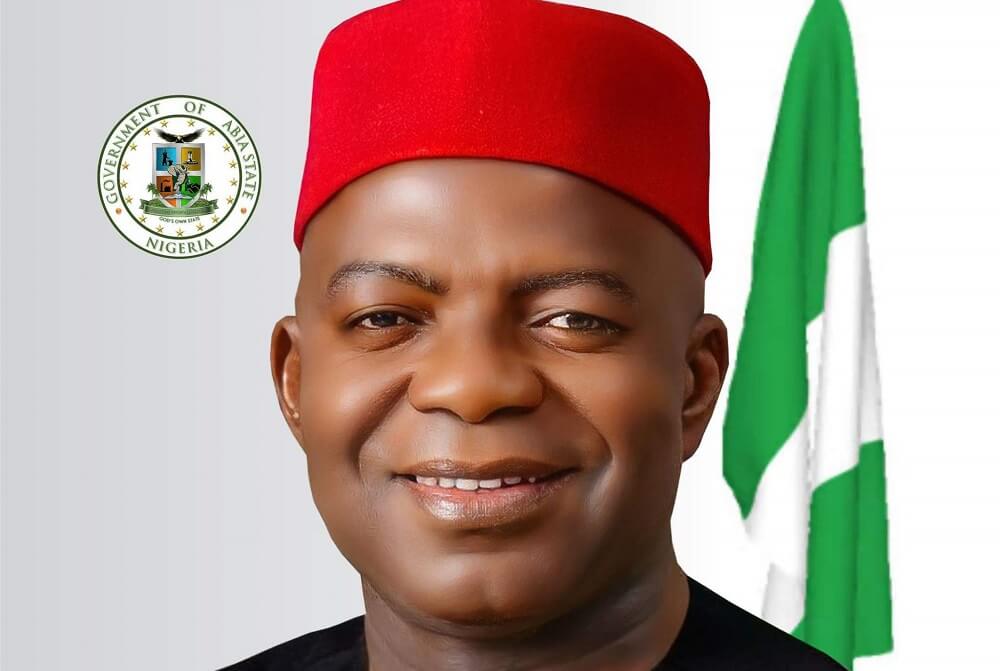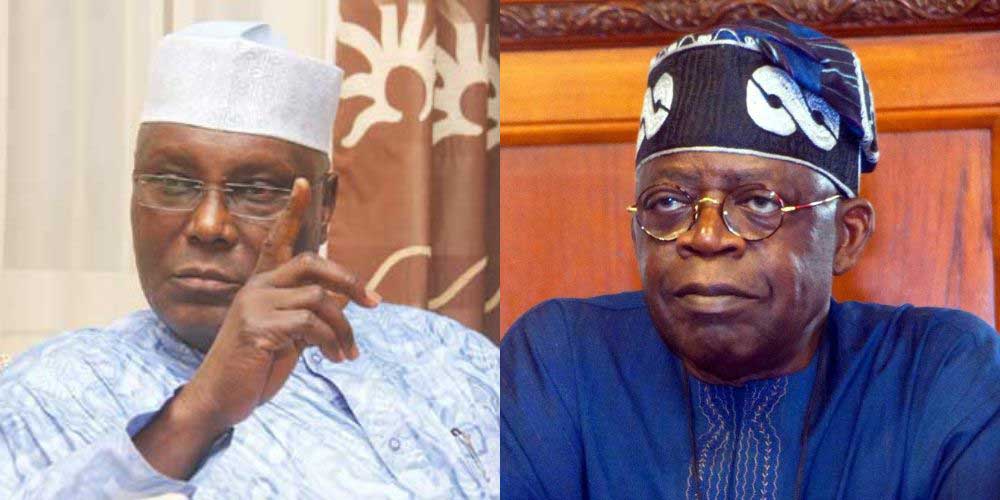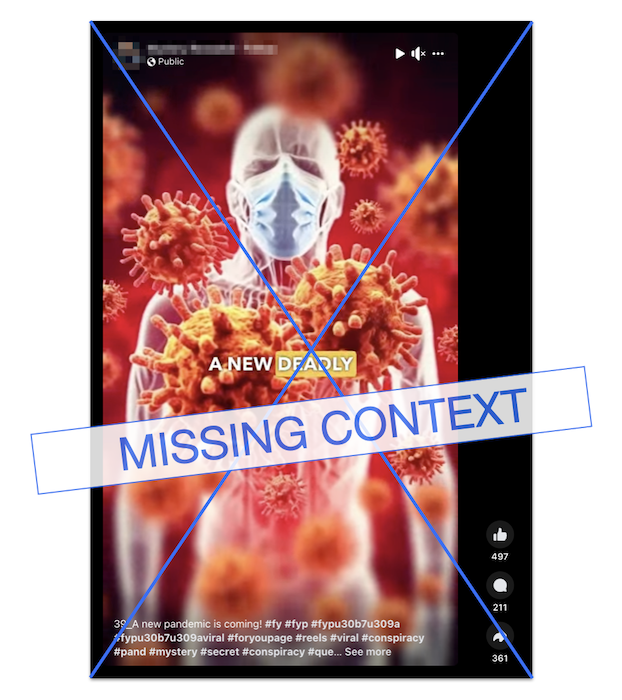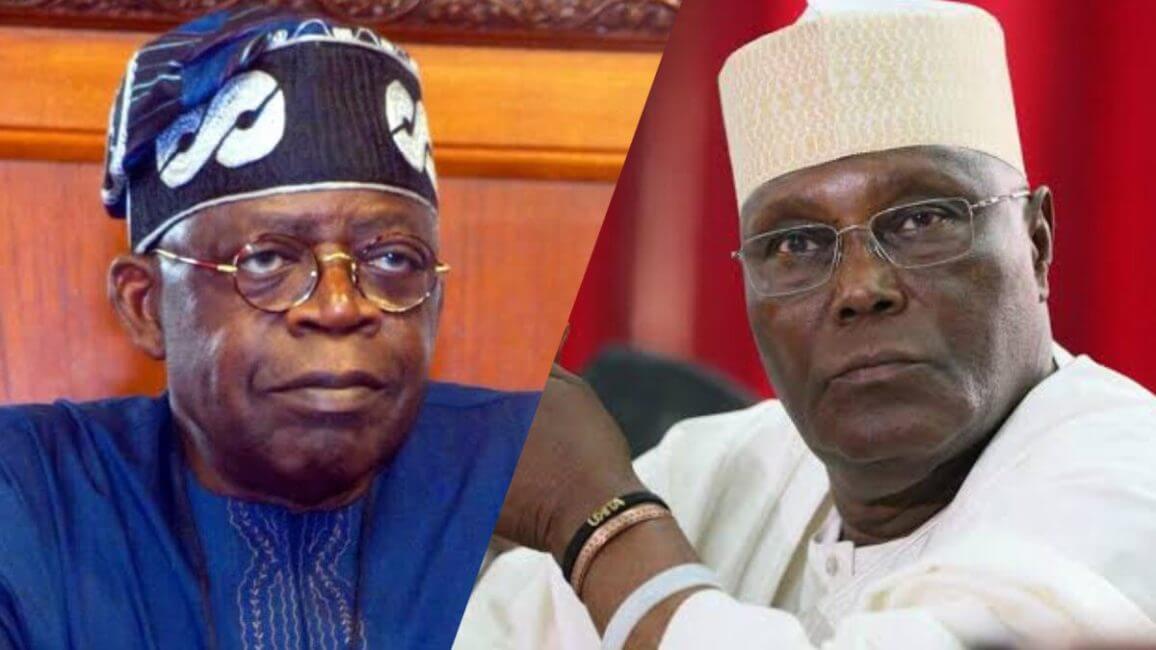As United Auto Workers strike against the leading U.S. automakers, former President Donald Trump took credit for saving the auto industry.
“When I came into office, the auto industry was on its knees, gasping its last breaths after eight long years of Obama and Biden,” Trump told nonunion autoworkers Sept. 27 at Drake Enterprises in Clinton Township, outside Detroit. “It is no exaggeration to state the Trump presidency and the deftly used and applied Trump tariffs and taxes saved the American auto industry from extinction time and time again.”
But recent history shows the reality is the opposite: Trump neither inherited a nearly dead auto industry nor revived it. Experts say the Bush and Obama administrations helped boost the auto industry while Trump administration actions hurt it.
Bush and Obama administrations’ actions
In 2008, as the Great Recession was hurting the U.S., the auto industry was in dire shape. Layoffs were soaring at auto plants and auto parts suppliers. Gasoline prices were up. Buying power was down. General Motors was nearly out of cash to pay its bills and Chrysler was close behind.
Interventions by the outgoing George W. Bush and newly elected Barack Obama administrations pulled the industry back from the brink of collapse. Under Obama, GM and Chrysler underwent quick, taxpayer-financed bankruptcy reorganizations orchestrated by a federal task force and the U.S. Treasury Department. Both auto companies emerged healthily from the Great Recession, adding jobs and production capacity.
“At its basic level, the car companies got a well-financed restructuring, and the financier was the government,” Mike Ramsey, an automotive analyst and senior research director at consulting company Gartner told Business Insider in 2018. “The companies were essentially given a clean balance sheet and reset to a point that made them viable.”
Manufacturing output of motor vehicles and parts rose along with employment in Michigan’s auto sector during the Obama administration.
The Center for Automotive Research examined major investments in the auto industry and found that from 2013 to 2016, during the Obama administration, $47.3 billion in work was announced. By comparison, during the Trump years, 2017 to 2020, $38 billion in projects were announced.
Trump cites trade deals and tariffs that, taken together, did not yield net industry gains
In his Michigan speech, Trump cited several of his trade policies that he said helped the industry. An expert we spoke to pointed to one Trump tariff that led to a small increase in U.S. auto parts production. But the majority of Trump’s policies hurt the industry or had no significant impact during Trump’s presidency.
Tariffs on Chinese imports: Trump imposed tariffs up to 25% on China’s auto production in 2018. Although Trump’s tariffs aimed to punish China, U.S. companies got many parts from other countries, said Katheryn N. Russ, chair of the University of California, Davis’ economics department. At the same time, the U.S. International Trade Commission (see table 6.23) found that these tariffs led to a 3% increase in U.S. domestic gross output in auto parts production.
But China retaliated, raising tariffs on U.S. exports to China. Beijing’s tariffs led to a significant reduction in U.S. auto exports to China, said Brad Setser, a U.S. trade official during the Biden administration. In response to the tariffs, Tesla also bought a subsidiary in China and its Shanghai production began exporting to the EU while U.S. exports of electric vehicles to both China and Europe fell sharply.
Trump’s campaign told PolitiFact that without the tariffs he imposed on China, the U.S. might have seen the soaring number of car imports from China that the E.U. experienced.
Renegotiated Korea Free Trade agreement: As part of Trump’s renegotiation of this agreement, he extended until 2041 a 25% U.S. tariff on imports of small pickup trucks.
But James Rubenstein, a Miami University in Ohio geography professor known for his auto industry research, said the tariff is largely “symbolic” because “Hyundai/Kia, which is responsible for most vehicle production in Korea, does not produce a pickup truck.”
Stopped Trans-Pacific Partnership: In his first month in office, Trump ordered the U.S. to withdraw from this free trade deal with 11 Asian-Pacific countries. Obama had negotiated the agreement, but it was never implemented. No one knows with certainty what the impact of this deal would have been on the auto industry.
Replaced NAFTA with USMCA: Trump replaced the North American Free Trade Agreement, in place since 1994, with the United States-Mexico-Canada Agreement.
The new agreement took effect July 2020 and aimed to encourage auto manufacturers to source auto parts from Canada, Mexico and the U.S. It required that 75% of an automobile’s components be manufactured in those three countries to qualify for zero tariffs. NAFTA had required that 62.5% of the components be manufactured in those three countries.
Gary Hufbauer, an economist and trade expert at the Peterson Institute for International Economics, a Washington, D.C., think tank, said that although the USMCA changes tightened the auto production rules, they made little difference in the U.S. auto industry.
That’s partly because auto manufacturers seem to prefer the alternative option of paying the 2.5% Most Favored Nation tariff on imported parts or assembled automobiles from Canada and Mexico, which is often cheaper and simpler than adhering to the rules-of-origin requirements.
Automotive News’ data shows the number of vehicles assembled throughout the United States by Ford Motor Co., General Motors Co. and Chrysler parent Stellantis. In 2008, Obama’s first year in office, 5 million vehicles were assembled. That rose to 6.3 million in 2016, Obama’s final year. In 2019, the last year of Trump’s presidency before the pandemic, the number fell to 4.5 million vehicles.
Trump steel tariffs hurt auto industry
One of Trump’s tariff actions hampered the U.S. auto industry, sparking the loss of thousands of jobs.
In March 2018, Trump imposed a 25% tariff on steel imports and a 10% tariff on imported aluminum, with exemptions for Canada and Mexico. The move was intended to punish China.
The Federal Reserve Board of Governors found that by mid-2019, increased input costs related to the steel and aluminum tariffs were associated with 0.6% fewer jobs in the manufacturing sector. Based on those figures, Russ and Harvard University economics doctoral student Lydia Cox found that equated to about 75,000 fewer jobs in manufacturing. That figure did not include additional losses experienced by U.S. exporters that faced tariffs levied by other countries in retaliation.
“It is hard to find a plausible explanation for how levying a tax on a key input for the auto industry would have been beneficial to the auto industry,” Russ said.
Kristin Dziczek, vice president of industry, labor and economics at the Center for Automotive Research, told Reuters in October 2020 that the tariffs hurt the industry. GM, Ford and Fiat Chrysler, now part of Stellantis, all closed plants in Michigan since 2018, the year the tariffs were imposed. It cost GM and Ford $1 billion each for increased steel costs in 2018.
We found accumulating evidence that Trump’s overall tariff strategy backfired. A December 2020 summary from the Congressional Research Service, Congress’ nonpartisan policy arm, said most studies “suggest a negative overall effect on U.S. gross domestic product (GDP) as a result of the tariffs” and that most studies found U.S. consumers and companies “bore nearly the entire increased costs associated with the tariffs.”
Our ruling
When Trump took office, “the auto industry was on its knees gasping its last breath.” Trump administration “tariffs and taxes saved the American auto industry from extinction.”
Trump is wrong on both counts. Actions by the Bush and Obama administrations helped revive the auto industry; it was not near death when Trump took office.
The majority of Trump’s trade deals and tariffs hurt the auto industry or had no significant impact during his presidency. In particular, Trump’s 2018 tariffs on steel and aluminum significantly hurt the U.S. auto industry.
We rate this statement False.
PolitiFact Senior Correspondent Jon Greenberg contributed to this fact-check.
RELATED: As auto industry plateaus, Donald Trump touts car plants that don’t exist
RELATED: Auto sector jobs up by nearly 300,000 so far on Biden’s watch
RELATED: Nikki Haley overreaches with attack on Democrats over gasoline cars, gas stoves





